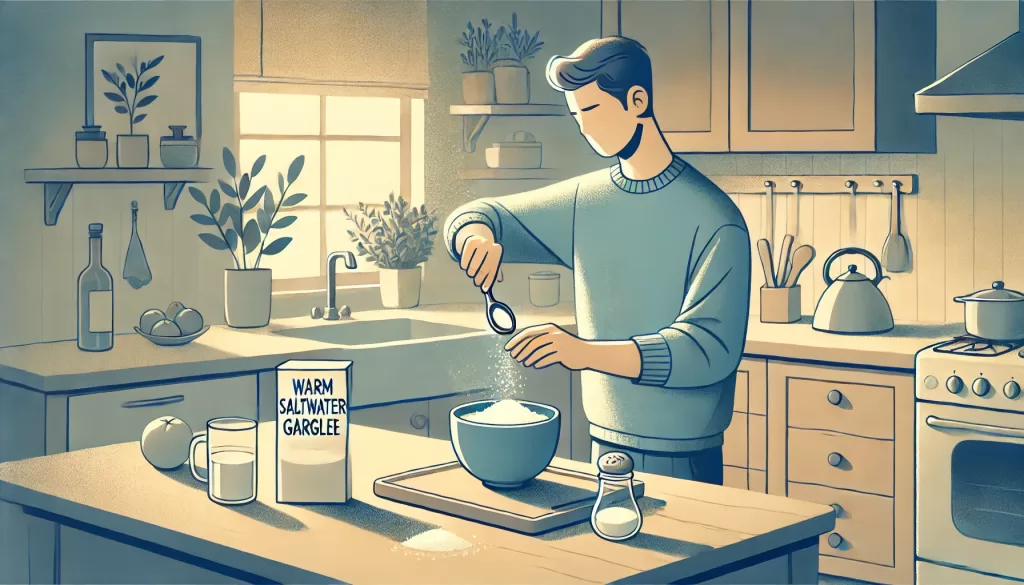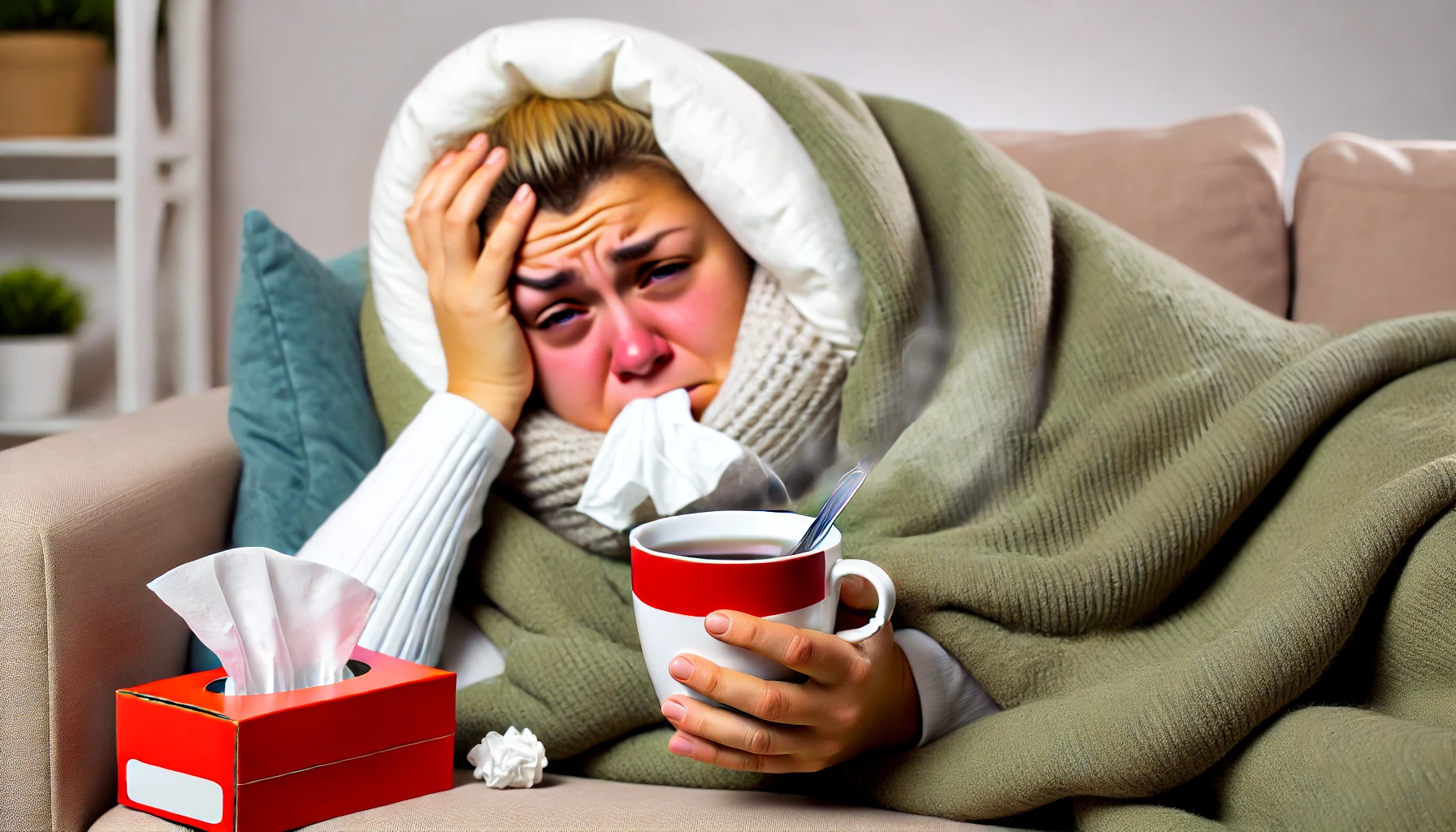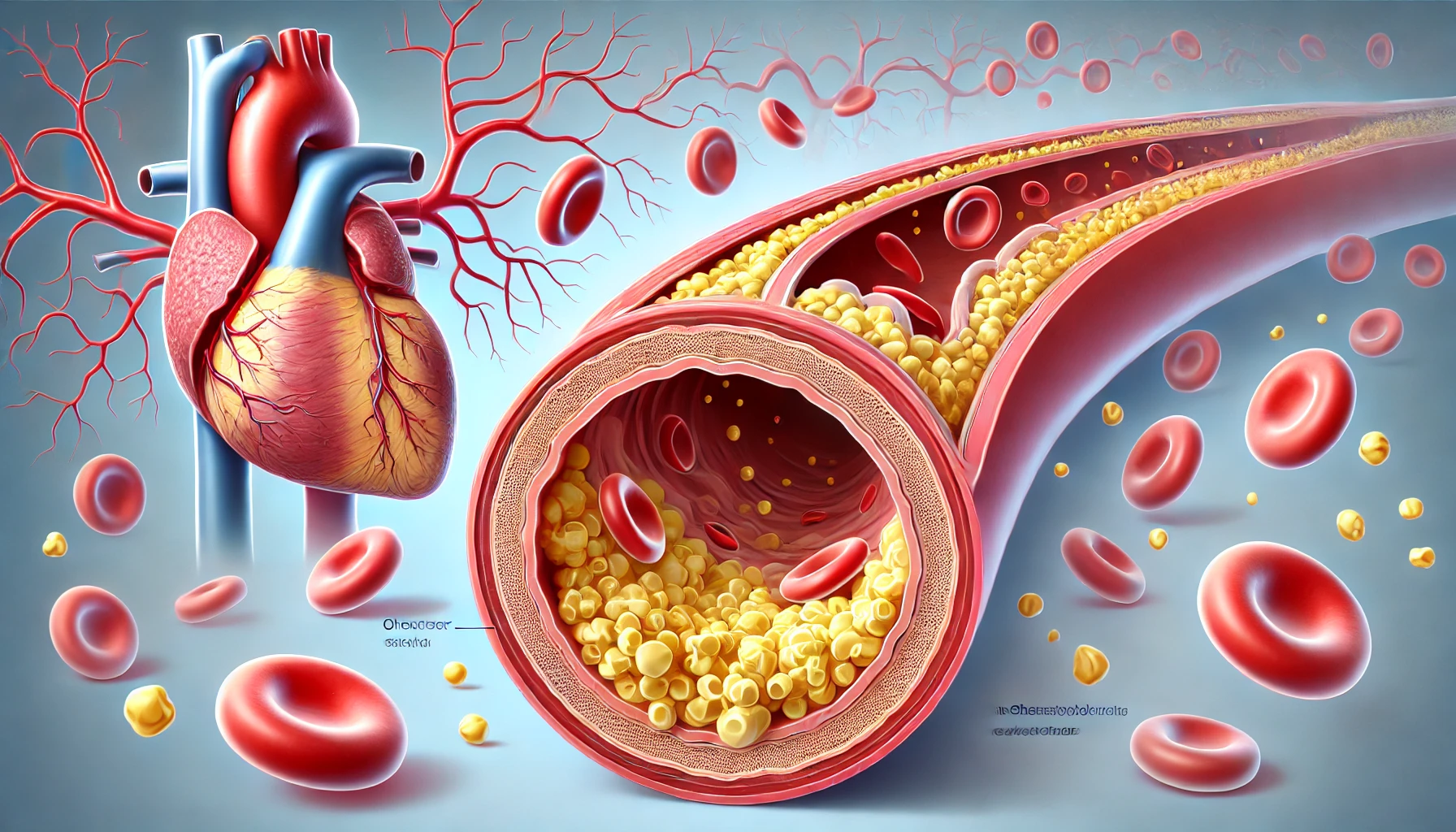
We’ve all been there – feeling that first itch in your throat, followed by nasal congestion, sneezing, and perhaps a bit of fatigue. These are the classic signs that a cold has made its way into your system. But the big question often arises: Can this cold go away on its own, or do I need to do something about it?
The short answer? Yes, most colds resolve on their own. However, understanding what’s happening in your body and how to make yourself more comfortable can be incredibly helpful in speeding up the recovery process—or at least making it less unpleasant.
What Happens in Your Body When You Catch a Cold?
Colds are caused by viruses, with rhinoviruses being the usual suspects. Once the virus enters your system—through your nose, eyes, or mouth—it begins to multiply. This triggers your immune system to kick into action, leading to the symptoms we all know so well:
- Sneezing
- Runny or congested nose
- Sore throat
- Cough
- Mild fatigue
- Low-grade fever (occasionally)
While these symptoms may feel overwhelming, they’re actually signs that your body is actively fighting back. Think of it as your immune system’s way of saying, “Don’t worry, I’ve got this!”

Can a Cold Go Away on Its Own
Can a Cold Really Go Away Without Any Medicine?
Yes, for most healthy people, the common cold doesn’t require any special medication. Your body is designed to handle it. On average, it takes 7 to 10 days for a cold to run its course. During this time, your immune system works to identify and eliminate the virus, eventually restoring your health.
However, how well you take care of yourself during this time can make a big difference in how quickly you feel better and how severe your symptoms become.
How to Support Your Body’s Natural Healing Process
While your body is fully capable of healing on its own, it doesn’t mean you have to suffer in silence. Here are some practical ways to help ease your symptoms and support your recovery.
1. Stay Hydrated
This one’s non-negotiable. Staying hydrated keeps your mucus thin, so it’s easier to expel. Plus, it helps your body maintain energy levels, especially if you have a slight fever.
- Drink plenty of water. Aim to sip throughout the day.
- Try herbal teas. Chamomile, ginger, and peppermint teas can soothe a sore throat and provide a little comfort.
- Broths are your best friend. Chicken soup isn’t just a myth—it’s actually hydrating and nourishing.
- Skip alcohol and caffeine. These can dehydrate you, which makes everything worse.

Can a Cold Go Away on Its Own
2. Rest Is More Important Than You Think
When your body is fighting off a virus, it needs energy to do so. Rest isn’t just about feeling cozy in bed; it’s about giving your immune system the time and energy to focus on the battle.
- Cancel plans, if needed. This isn’t the time to push through your regular routine.
- Take naps or simply relax on the couch.
- If you can’t sleep, just lying down and closing your eyes can make a big difference.
3. Soothe Your Symptoms Naturally
You don’t need a pharmacy’s worth of products to feel better. Sometimes, simple remedies are the most effective.
- Gargle with warm salt water. It’s great for a scratchy throat and helps clear out bacteria.
- Inhale steam. A bowl of hot water with a towel over your head works wonders for nasal congestion.
- Try honey and lemon. Add them to warm water or tea for a throat-soothing drink.
4. Feed Your Body the Right Nutrients
You might not feel like eating much, but giving your body fuel is important. Focus on nutrient-rich foods that help boost your immune system.
- Vitamin C-rich foods like oranges, strawberries, and bell peppers can strengthen your body’s defenses.
- Foods with zinc like nuts, seeds, and beans can help your immune system function better.
- Garlic and ginger are natural antivirals and anti-inflammatories.
- Çorbalar ve et suları sindirimi kolay ve besin açısından zengindir.
When Should You Be Concerned?
For most people, a cold is nothing more than an annoying inconvenience. However, there are times when you should be more cautious. Seek medical attention if you experience any of the following:
- Your symptoms persist without improvement for more than 10 days.
- You have a persistent high fever (above 38°C or 100.4°F).
- You experience chest pain or difficulty breathing.
- Your symptoms seem to improve but then suddenly worsen.
Sometimes, a cold can lead to complications like sinus infections, bronchitis, or pneumonia. It’s always better to stay vigilant and prioritize your health.

Can a Cold Go Away on Its Own
Can the Common Cold Be Prevented?
You can’t avoid every virus, but there are steps you can take to reduce your risk:
- Wash your hands frequently. It’s the most effective way to stop the spread of germs.
- Avoid touching your face. Viruses often enter through your nose, mouth, or eyes.
- Disinfect surfaces regularly. Phones, keyboards, and doorknobs are breeding grounds for germs.
- Keep your immune system strong. A balanced diet, regular exercise, and quality sleep go a long way.
- Stay hydrated. Even when you’re not sick, water is key to staying healthy.
The Bottom Line: Recovery Takes Time
So, can a cold go away on its own? Absolutely. Your body is designed to handle the common cold, and in most cases, all it needs is rest, hydration, and patience. The key is to listen to your body. If you’re tired, rest. If you’re thirsty, drink water. Be kind to yourself, and before you know it, you’ll be feeling like yourself again.







 Previous Post
Previous Post Next Post
Next Post
